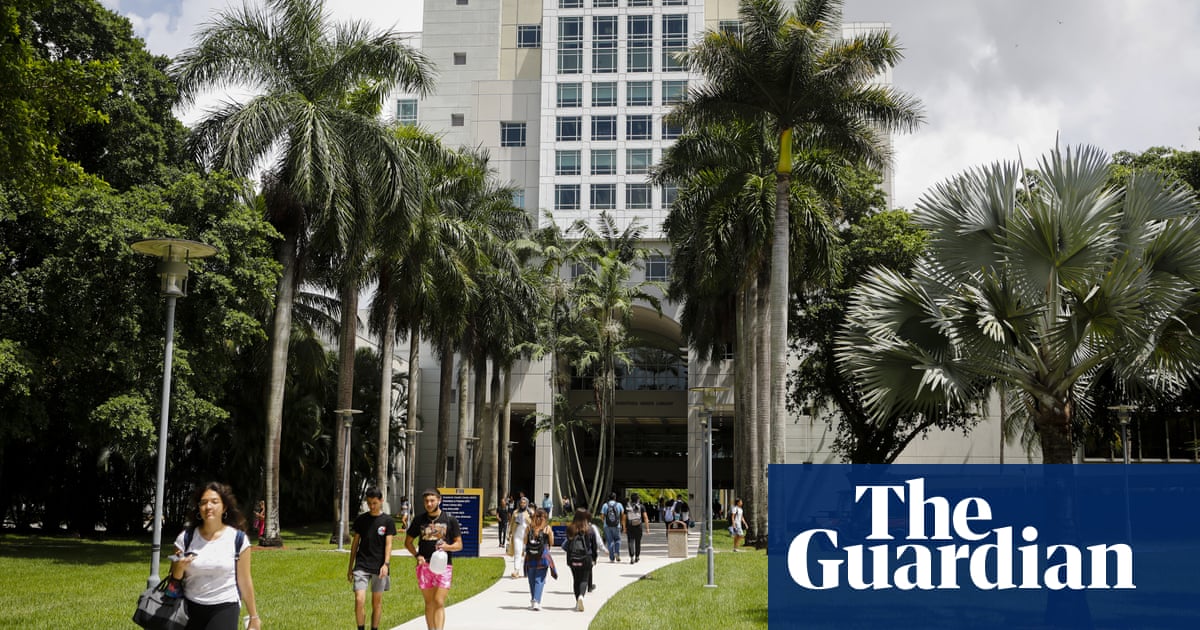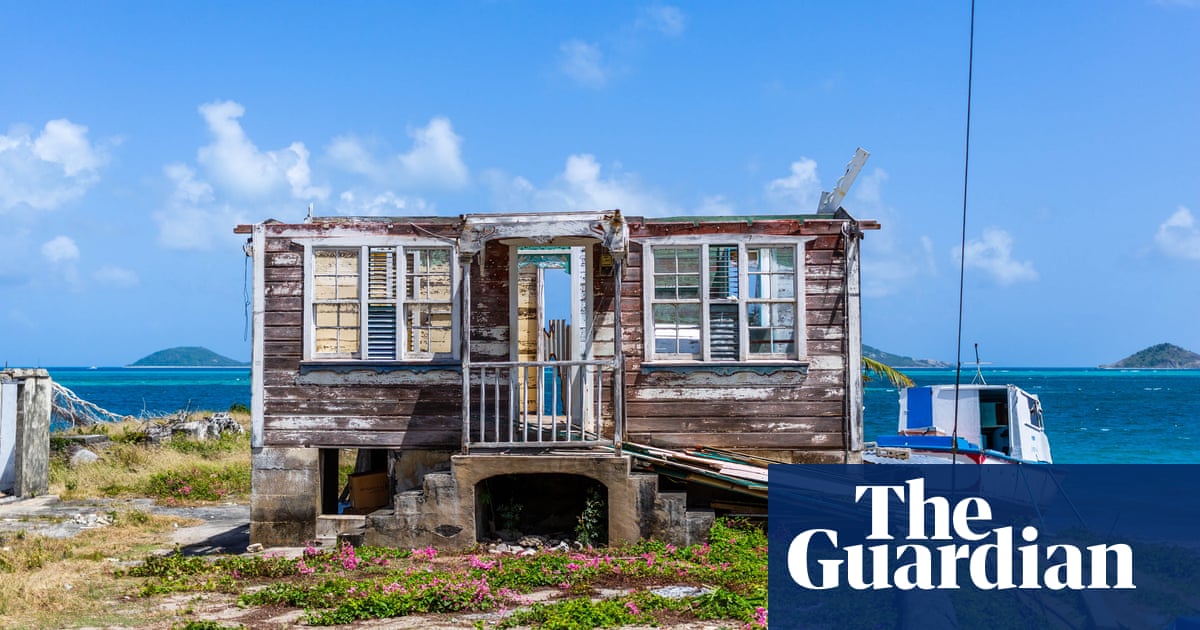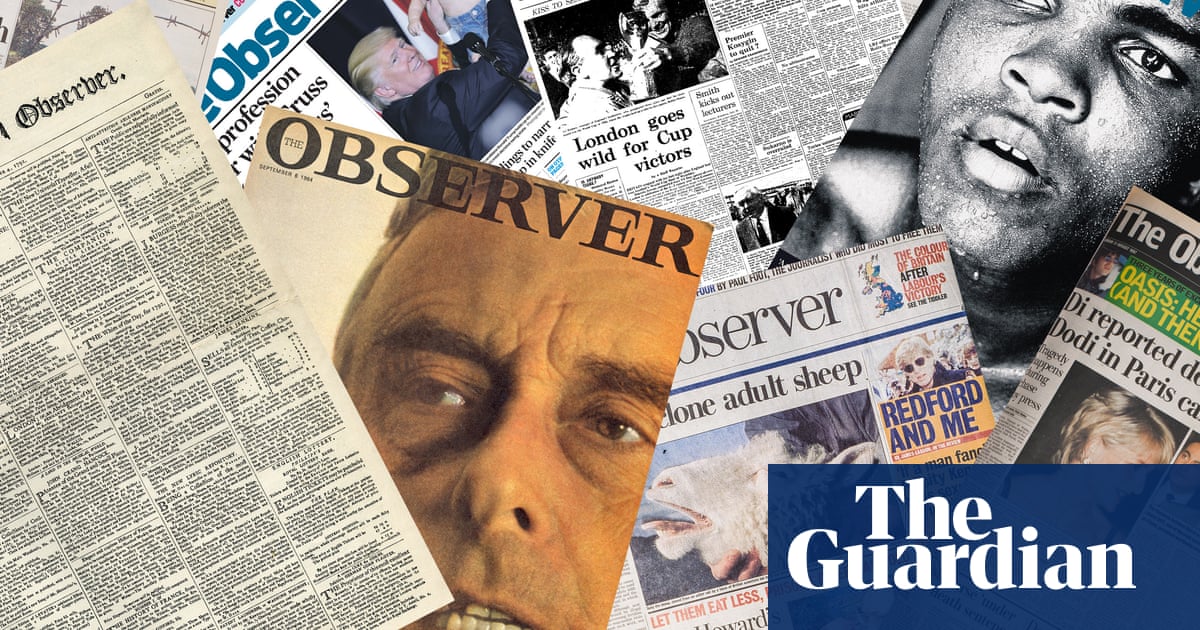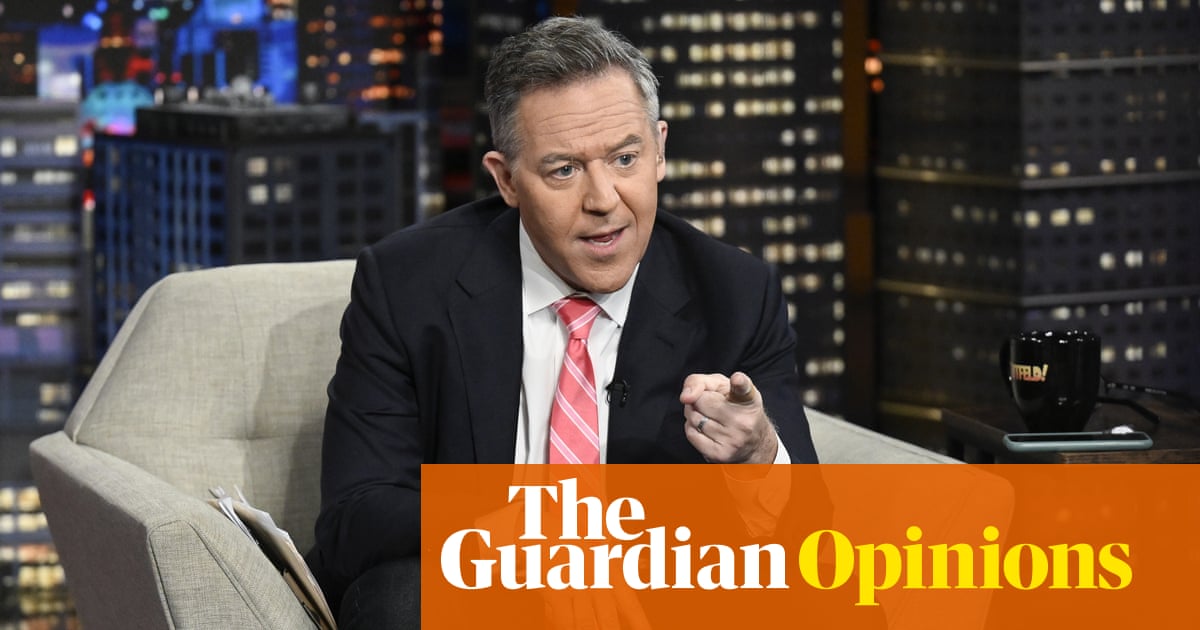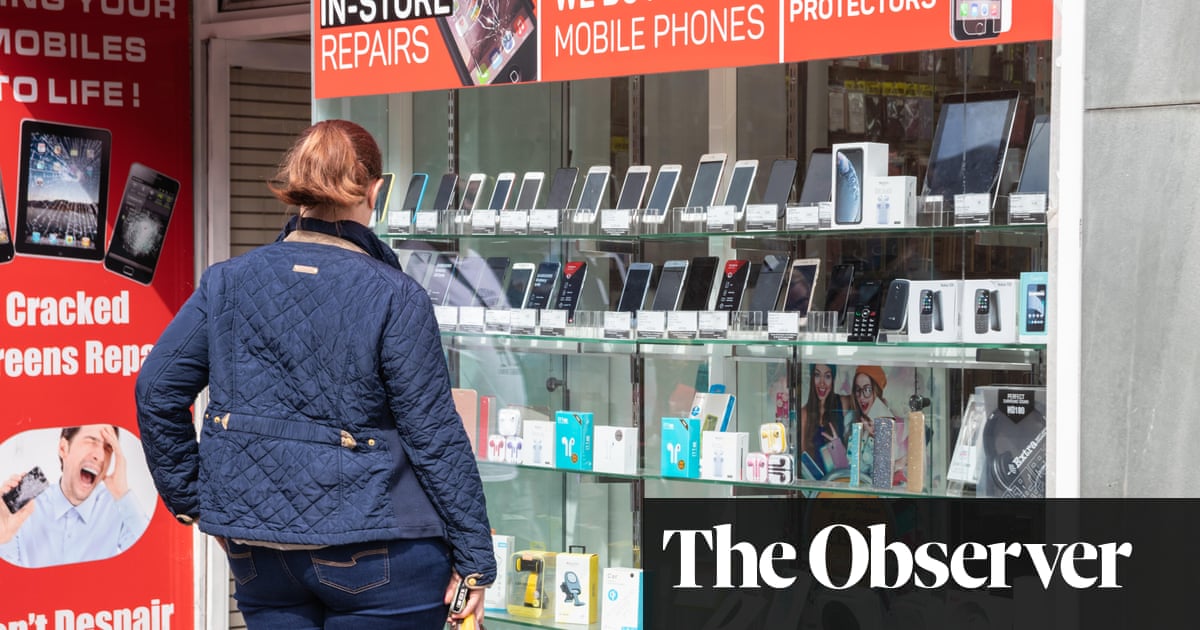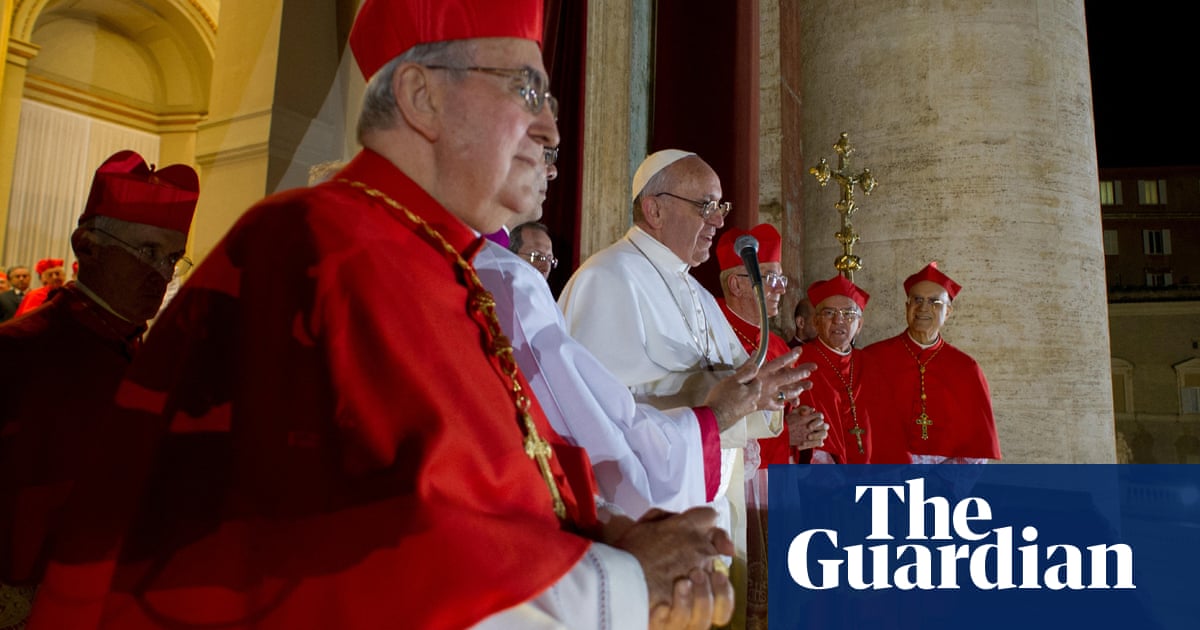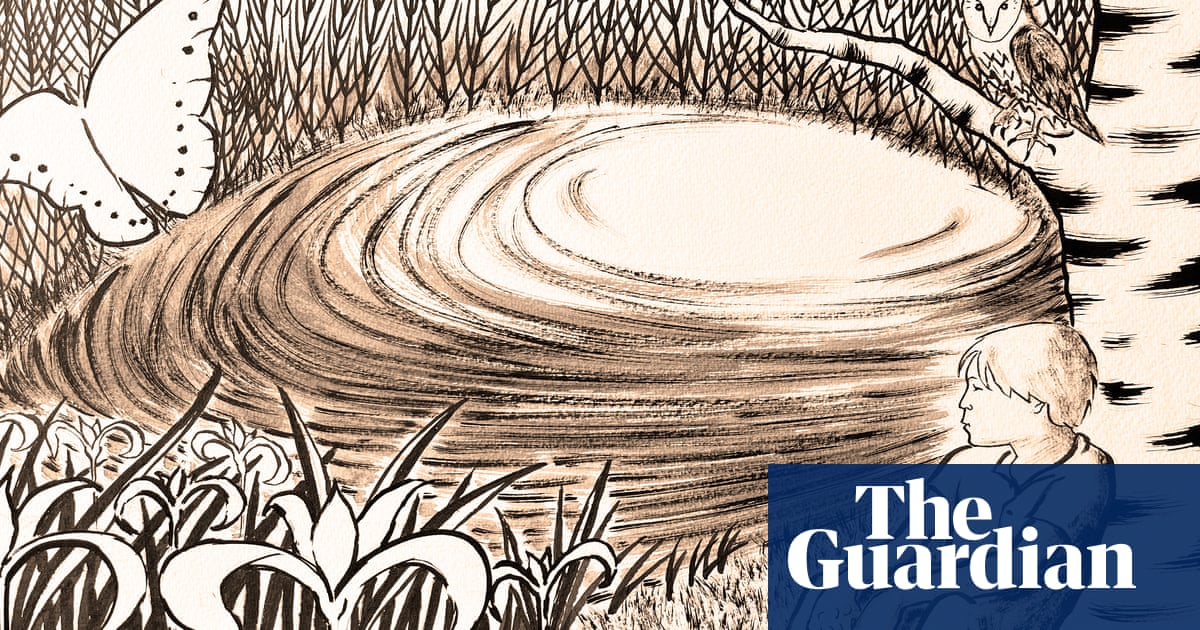When returning US president Donald Trump eyes up Greenland, Panama and Canada, as Vladimir Putin once eyed Crimea and Xi Jinping eyes Taiwan, he is both symptom and cause of a new world disorder. Trumpism is just one variant of transactionalism, which is the leitmotif of this new disorder. Liberal democracies, especially those in Europe, need to wake up and smell the gunpowder.
Russia and China are now revisionist great powers, which aim to change or overthrow the existing order, while middle powers like Turkey, Brazil and South Africa are happy to play with all sides. This is also a world of wars – in Ukraine, the Middle East and Sudan. Most Europeans carry on pretty much as if we still lived in late 20th-century peacetime, but the world around us increasingly resembles the late 19th-century Europe of fiercely competing great powers and empires writ large. For the geopolitical stage is now planetary, and most of the players are non-western states. Trump’s United States is likely to behave more like those other transactional great powers than like, say, Germany or Sweden.
These harsh realities are illuminated by a 24-country global opinion poll just released by the European Council on Foreign Relations (ECFR). The survey is designed in collaboration with the Europe in a Changing World research project at Oxford University, which I have been involved in since its inception, and is the third we have done since 24 February 2022, when Putin’s full-scale invasion of Ukraine ended the post-Wall era.
Here are just a few findings that may have you spluttering into your coffee. Many people in the world beyond Europe welcome Trump’s arrival, saying it will be good for their country, for world peace, and specifically for achieving peace in Ukraine and the Middle East. Majorities believe all these things in India and Saudi Arabia, and majorities or pluralities – depending on the specific question – in China, Brazil, South Africa and Russia. In fact, Europe and South Korea (which, like Europe, is dependent for its security on the US) stand almost alone in the degree of their worry about the impact of Trump.
As we found already in our earlier surveys, many countries, including China, India and Turkey, continue to regard Putin’s Russia as an entirely acceptable international partner, despite the fact that it is waging a brutal neocolonial war against Ukraine. Majorities or pluralities in all those countries also say they think Russia will have more global influence over the next decade. So much for western leaders’ premature, complacent talk of Russia’s “strategic defeat” in Ukraine. That’s not how it looks to the rest of the world.
To be sure, most also think the already mighty US will gain global influence over the next decade. But then we asked if people think that in the next 20 years “China will be the strongest power in the world – stronger than the United States”. Majorities in almost every country we surveyed say yes, China will be stronger. Remarkably, even in the US itself, those who express a clear view are split 50-50. Only in South Korea and Ukraine is there overwhelming confidence that the US will remain top dog. Of course this is just a single snapshot of spontaneous responses, but such perceptions are themselves a significant dimension of power.
If that’s the world, what about the west? In late 2022, after the shock of Putin’s full-scale invasion of Ukraine, our global poll revealed a largely united west, divided from the rest. No longer. Objectively, the transatlantic relationship remains a more permanent, structured and deeper alliance than anything yet seen in the Brics group (Brazil, Russia, India, China, South Africa, now joined by five other countries) or a supposed axis of Russia, China, Iran and North Korea. They have no equivalent of Nato.
Subjectively, it’s a different story. One of the most startling findings in this year’s poll is that, taking the average across nine EU member states surveyed, including Germany, France, Spain, Italy and Poland, only 22% of Europeans say they regard the US as an “ally”. A further 51% say they see the US as a “necessary partner”, but what kind of an alliance is it when less than a quarter of those asked say the other party is an ally? In fact there are significantly more Chinese people who say they regard Russia as an ally (39%), and Russians repay the compliment to China (36%).
Dig a little deeper, moreover, and you find Europeans divided in their response to Trump, with south-east European countries in our poll (Hungary, Bulgaria, Romania) much more positive about him. And just look at the enthusiastic welcome given him by European politicians such as Italy’s Giorgia Meloni, Hungary’s Viktor Orbán and Britain’s Nigel Farage. Trump’s advent may make Europe do more for its own defence, but we’re never going to see a simple European united front against Trumpism. Individual European countries will try to cut their own special deals with the US. They may also feel encouraged to become even more transactional than they are already in their relations with each other.
Divided Europe, divided west, transactional world – so what is to be done? Liberal democracies in general, and European ones in particular, should learn four lessons. First, see the world as it is, not as we wish it to be. Second, ban all generalising waffle about “the global south” and view these countries as they do themselves: individual great and middle powers, with their own distinctive histories, cultures and national interests. (As China specialist Oriana Skylar Mastro recently stressed, doing more area studies in our universities and thinktanks will help with this.) So we need a distinct, tailored India policy, Turkey policy, China policy, South Africa policy and so on.
Third, forget about a binary, cold war-type “Are you with us or against us?” In what our last ECFR-Oxford global opinion report called an “à la carte world”, these powers are quite ready to be close to the US in one area of policy, China in another (eg economic ties), Russia in a third (eg India’s military ties) and Europe in a different way again. Holding our noses, we should be ready to do something similar – doing business with China on economic and environmental issues, for example, even while we deplore its human rights record. That’s challenging for values-based liberal societies, many of them joined in a law-based European Union, and we certainly should not deny our core liberal values while the Trumpian cock crows thrice, but this is a rough old world.
Finally, in such a world, fortune favours the strong. For a Europe that consists entirely of small and medium-sized powers, the only way to generate adequate strength is through coordinated collective action – including a closer relationship between Britain and continental Europe. Unity is strength.
In short, Europe’s democracies need to be less transactional with each other but, acting together, more transactional with the great and middle powers of this Trumpian world.
-
Timothy Garton Ash is a Guardian columnist. He co-authored the report on the ECFR global poll with Ivan Krastev and Mark Leonard

.png) 3 months ago
30
3 months ago
30


